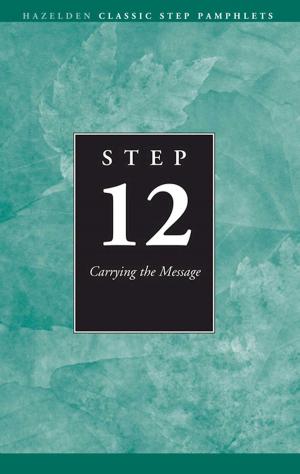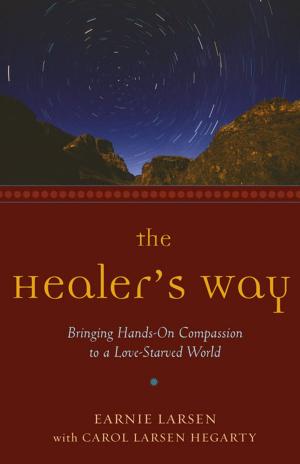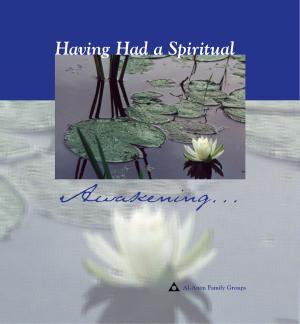A History of Agnostics in AA
Nonfiction, Health & Well Being, Self Help, Addiction, Twelve-Step Programs| Author: | Roger C | ISBN: | 9780994016263 |
| Publisher: | AA Agnostica | Publication: | April 7, 2017 |
| Imprint: | AA Agnostica | Language: | English |
| Author: | Roger C |
| ISBN: | 9780994016263 |
| Publisher: | AA Agnostica |
| Publication: | April 7, 2017 |
| Imprint: | AA Agnostica |
| Language: | English |
This book is an inspiration for those uncomfortable with the “God bit” in 12 Step recovery meetings and fellowships. A History of Agnostics in AA is a perfect blend of two essential parts for a book of this sort: personal experience and research. The book is divided into three main parts: Our History, Problems in AA and Moving Forward. The history goes back to Jim Burwell, the first atheist in AA, and to the very first agnostic AA meetings. It also taps into the discrimination against nonbelievers in the fellowship. In the second part, several problems within Alcoholics Anonymous are discussed, and one of these turns out to be “Conference-approved” literature. Finally, the last part, Moving Forward, is all about a secular movement gaining momentum within AA, promising to make AA less God-focused, more inclusive and thus more modern. The author, Roger C, is the manager of the website AA Agnostica. He was the “resident atheist” at the Faculty of Religious Studies at McGill University for several years and was treated with genuine respect. It is hoped that over time a similar acceptance of nonbelievers in AA and other 12 Step recovery fellowships will be one of the results of A History of Agnostics in AA. Our hope is that Alcoholics Anonymous adapts and moves forward, with greater inclusivity. A History of Agnostics in AA is meant to contribute to that goal.
This book is an inspiration for those uncomfortable with the “God bit” in 12 Step recovery meetings and fellowships. A History of Agnostics in AA is a perfect blend of two essential parts for a book of this sort: personal experience and research. The book is divided into three main parts: Our History, Problems in AA and Moving Forward. The history goes back to Jim Burwell, the first atheist in AA, and to the very first agnostic AA meetings. It also taps into the discrimination against nonbelievers in the fellowship. In the second part, several problems within Alcoholics Anonymous are discussed, and one of these turns out to be “Conference-approved” literature. Finally, the last part, Moving Forward, is all about a secular movement gaining momentum within AA, promising to make AA less God-focused, more inclusive and thus more modern. The author, Roger C, is the manager of the website AA Agnostica. He was the “resident atheist” at the Faculty of Religious Studies at McGill University for several years and was treated with genuine respect. It is hoped that over time a similar acceptance of nonbelievers in AA and other 12 Step recovery fellowships will be one of the results of A History of Agnostics in AA. Our hope is that Alcoholics Anonymous adapts and moves forward, with greater inclusivity. A History of Agnostics in AA is meant to contribute to that goal.















